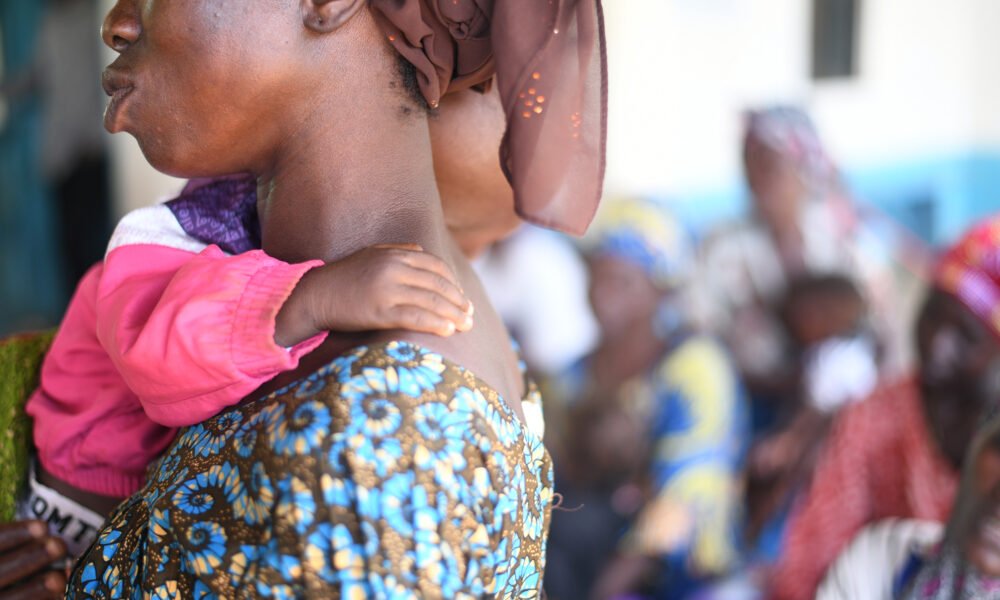News
Cut in USAID funding: Uncertainty, fear grip health workers, patients in N/R

In the remote village of Karaga, a midwife at the local health centre is running out of options.
The centre, which serves hundreds of women and children, has been severely affected by the recent suspension of USAID funding.
Without essential medical supplies, Fati and her colleagues are compelled to take difficult, sometimes heartbreaking decisions.
“Just last week, we had to send a pregnant woman to another facility miles away because we didn’t have the right drugs to stabilise her condition,” she says with frustration in her voice. “We don’t know how long we can keep going like this,” she added.
Fati’s story is one of many unfolding across Northern Ghana, where USAID-funded programmes provide crucial support for maternal health, malaria treatment, family planning, and HIV/AIDS care.
The sudden funding halt announced last week has sparked widespread fear and uncertainty among health workers and residents, who now face the grim reality of a potential healthcare crisis.
Mohammed Karim, HIV patient and a father of five, worries about his life and that of his children.
“I am afraid in some few days to come, my health would deteriorate because without medicine, what are we supposed to do? We rely on the clinic, but now even the nurses are helpless,” he laments.
“Our lives will be miserable if no intervention is made. What are we going to do with all this stigma around us?” she asks with a chilly voice.
Health officials have warned that if no immediate action was taken, the suspension could lead to a surge in preventable deaths.
A Health worker (name withheld), describes the situation as dire.
“Many of our facilities are dependent on USAID-supported supplies. Without them, we will see increased maternal and infant mortality, more malaria cases, and disruptions in HIV/AIDS treatment,” he explained.
“As you can see, all these women are here for medication and other supplies for their children, but with the directive by President Donald Trump in stopping the distribution of medical supplies they are stranded,” he added.
The impact is already being felt. Health centres are reporting dwindling stocks of antimalarial drugs, contraceptives, and HIV test kits. Without urgent intervention, experts warn that years of progress in public health could be reversed.
In response, President John Dramani Mahama has directed the Ministry of Finance to explore ways to bridge the financial gap left by the USAID funding cut.
However, no clear timeline has been provided for when alternative funding might materialise. In the meantime, local health authorities and international organisations are scrambling to find emergency solutions.
For parents like Hajaratu, a mother of four, the situation is unbearable. “This is a matter of life and death. We need help now!” she pleads from the overcrowded health centre.
As uncertainty looms, communities across northern Ghana can only hope that aid arrives before the situation spirals out of control.
From: Geoffrey Buta, Karaga